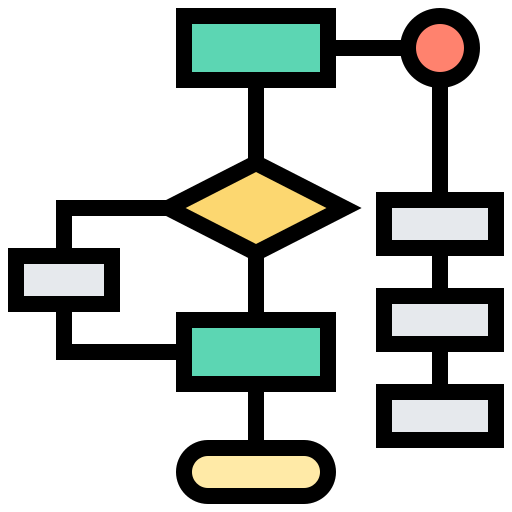HTTP 418: I'm a teapot
The server identifies as a teapot now and is on a tea break, brb
HTTP 418: I'm a teapot
The server identifies as a teapot now and is on a tea break, brb
Testing Memes
Testing: that thing we all agree is super important right up until the deadline hits and suddenly 'we'll test in production.' These memes are for everyone who's written a test that tests nothing, skipped writing tests because 'the code is obvious,' or watched in horror as your 100% test coverage failed to catch a critical bug. The eternal struggle between TDD purists and 'console.log is my unit test' pragmatists continues. Whether you're meticulously testing edge cases or just hoping users don't click that one button in that specific order, these memes will make you feel less alone in your testing sins.

 AI
AI
 AWS
AWS
 Agile
Agile
 Algorithms
Algorithms
 Android
Android
 Apple
Apple
 Bash
Bash
 C++
C++
 Csharp
Csharp















